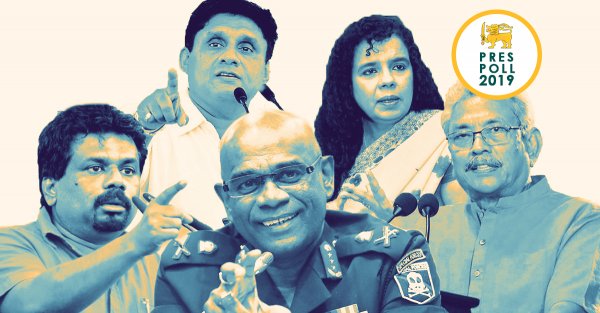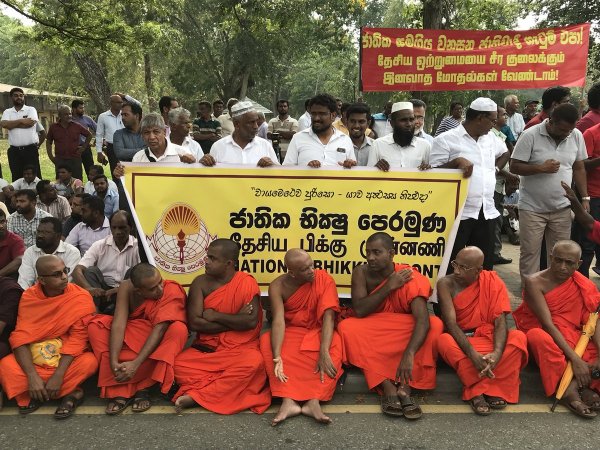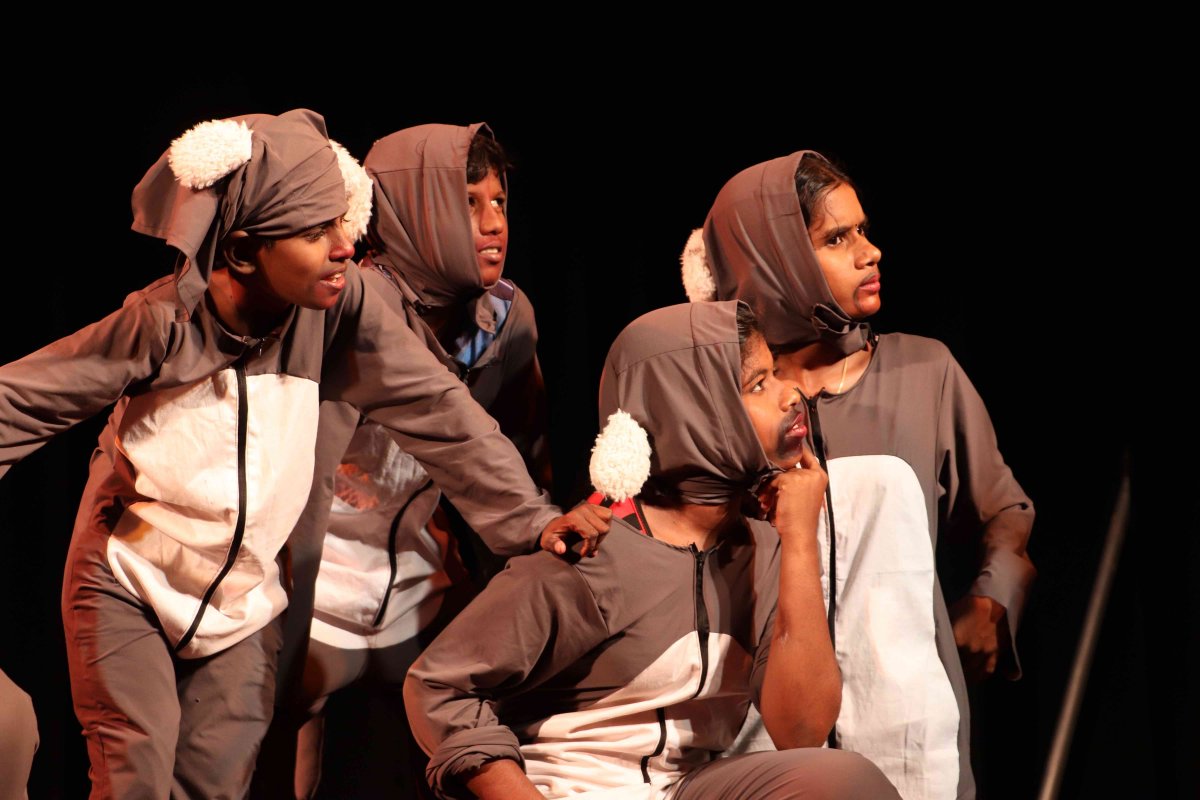
Almost ten years after the end of the civil war, reconciliation remains an unclear objective. Although of one nation, the Sinhalese and Tamil communities have little interaction, and are yet to find a shared identity. This aspect of reconciliation is being tackled by Chrysalis, an affiliate of CARE International that is focused on women and youth. Partnered with YOUth Create, they have made some headway at a very fundamental level: with the education and socialisation of children.
In their project, ‘Dialogue on Peace and Reconciliation Through the Eyes of Children’, 42 children of varied ages from Anuradhapura and Kilinochchi presented two bilingual dramas. The plays were produced by the Janakaraliya Cultural Foundation, and held at the Western Province Aesthetic Resort in Colombo in late August. The audience was given headphones for live translations of the speeches and performances, which were in Sinhala and Tamil. The keynote speech was delivered by Ven. Galkande Dammananda Himi, who commended the initiative and stated that “…the world would be a boring place if there was no diversity among people… so respect diversity in every form”.
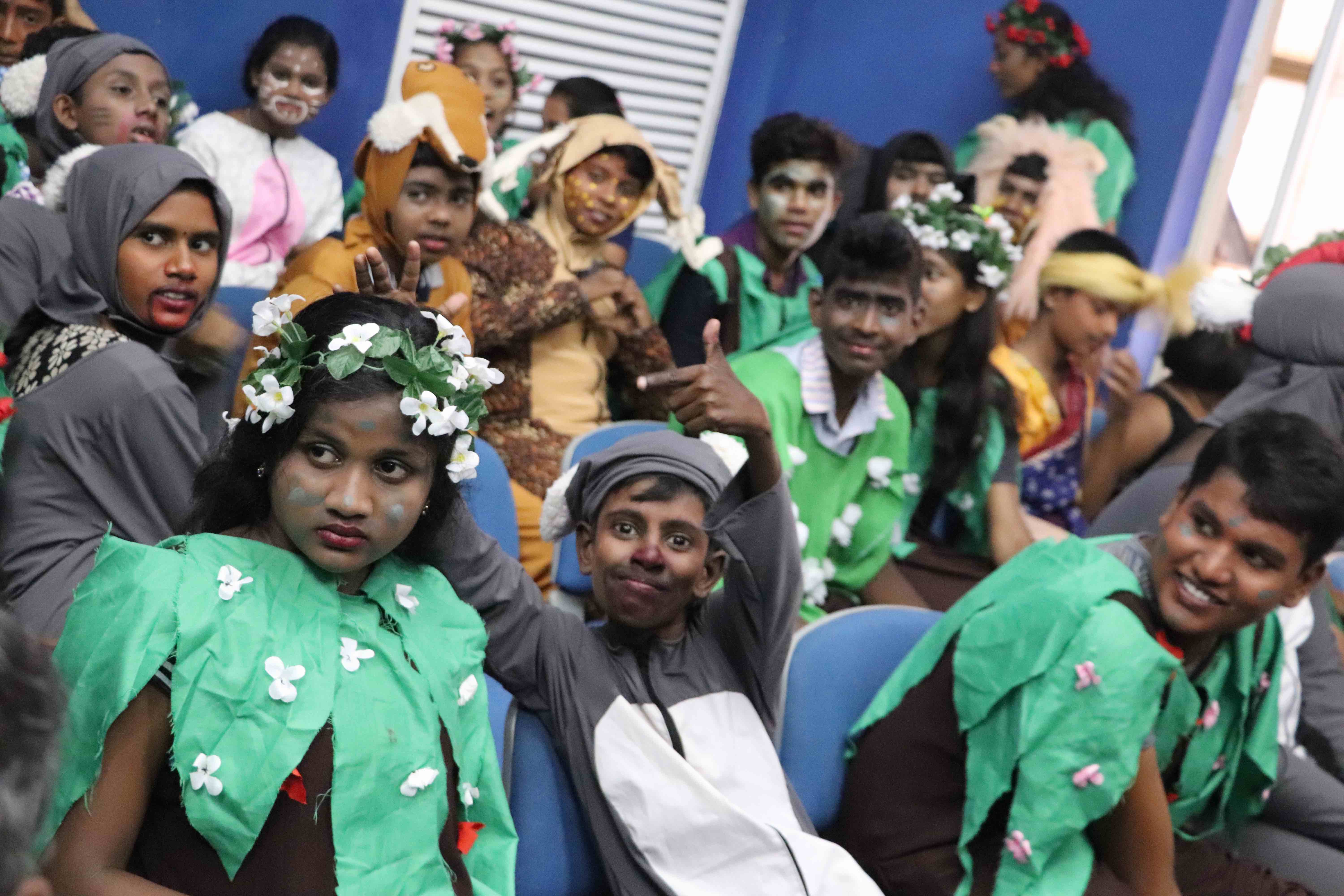
The event opened with a narrative dance performance, evocatively portraying the struggles of Sri Lankans in the north, both before and after the war. The two bilingual plays performed were written by the children themselves. ‘Singaththukku Paadamak’ (A Lesson for the Lion), was a fable about a greedy lion, and how the other animals of the forest trick him but eventually forgive him. ‘Maampalam Raju’ (The Mango King) was a story about a troupe of monkeys and their attempts to hide their delicious mangoes from a nearby king. In this play, the children managed to find humour in their language barriers. The leader of the monkeys would often give very verbose speeches in Sinhala, after which the smallest monkey would whisper to his friend asking what was said. After hearing a brief summary in Tamil, he would respond with a head wobble, “ Ahh, seri, seri (okay, okay).”
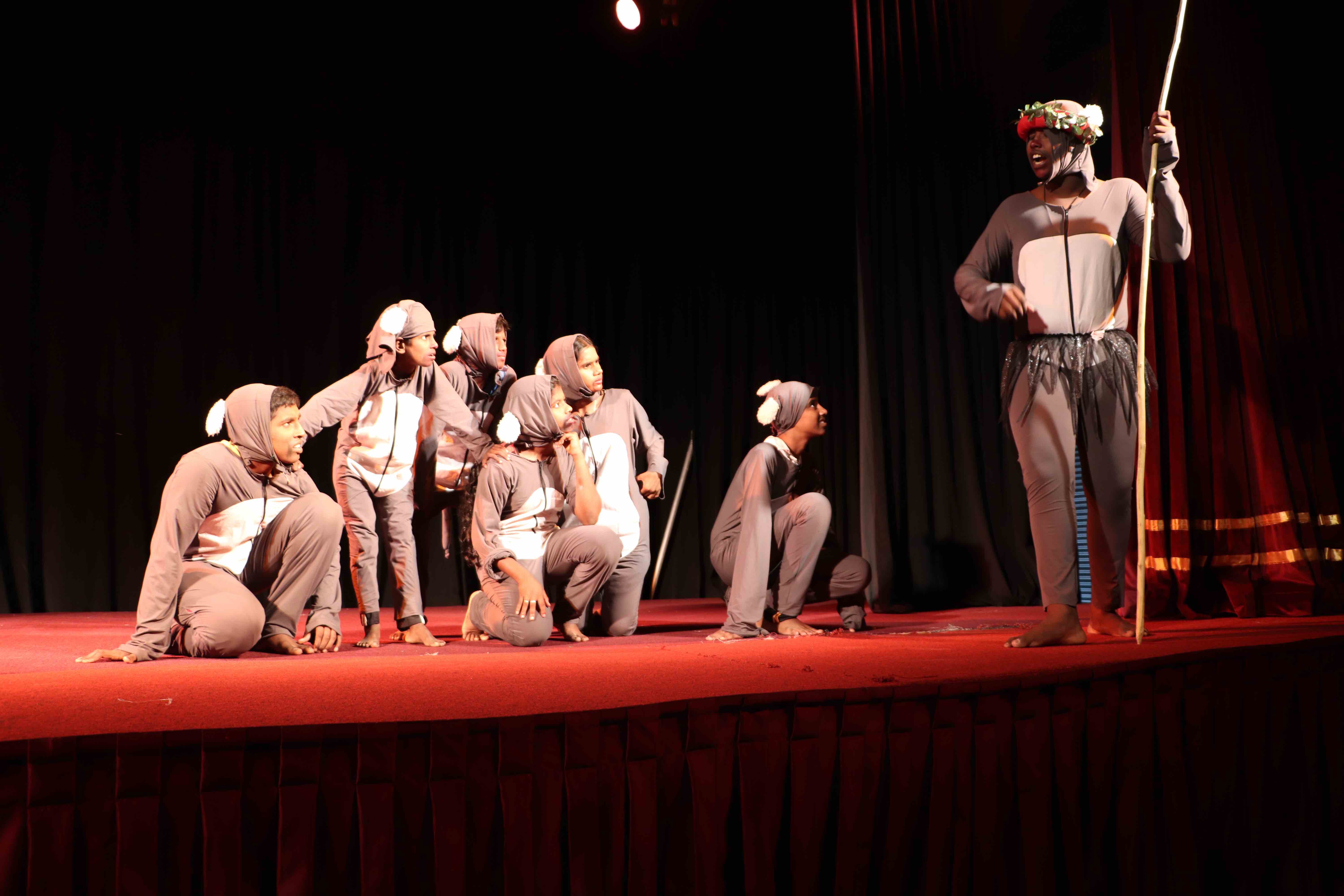
Although lighthearted, the plays hinted at the larger struggles in Sri Lankan society, exposed to the children through their families, the media, and the stories told within their communities. Neither the Tamil or Sinhalese children were told that they would be working with children from the other community. “I was shy and scared so I just stayed with my school friends,” said one of the children. But after the surprise and apprehension of the first rehearsals wore off, they easily warmed up to each other. The Sinhala boy who played the smallest monkey recounted how his first reaction to seeing the Tamil kids was one of aversion,, but that he “was sad that [he] felt that way,” because he “would not have the friends [he] has now.”
The process of working on these dramas forced the children to cooperate — and by sharing the same goals and vision, and realising that they experienced similar struggles, they eventually came to relate to each other. The moral lessons of both plays spoke to both groups of children, and through their shared experience, they were more likely to perceive one another as similar.
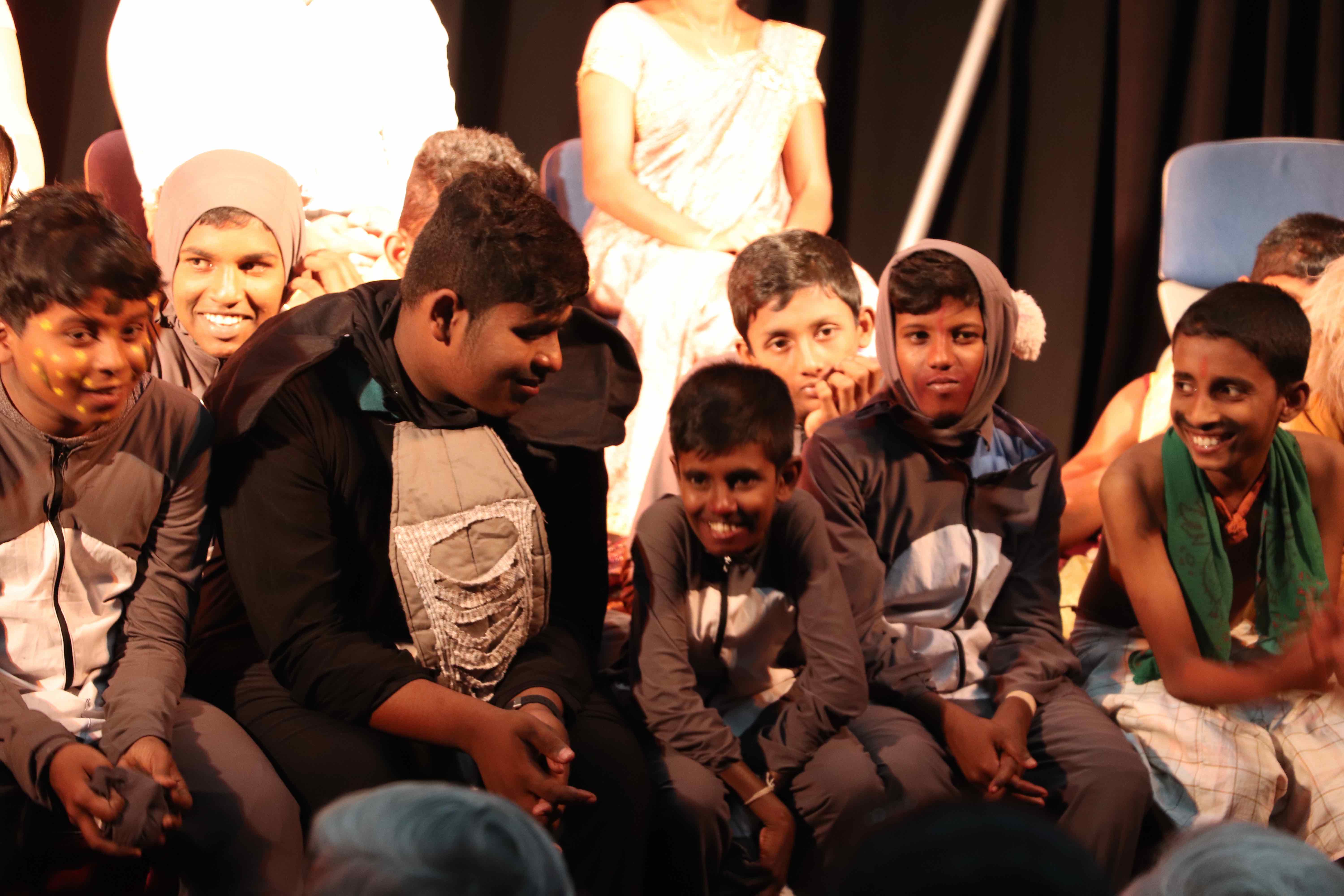
The word ‘reconciliation’ has become a vague term for peace, rather than a direct policy encouraging dialogue between different ethnic communities. Everyone has their own conception of what it means practically. The lack of war has certainly played a part in connecting people from across the country, yet more needs to be done to defuse animosity and foster unity among communities.
But projects such as this contribute significantly to a major element of reconciliation: the forgiveness for past transgressions, and the building of relations between communities, eventually leading to the forging of a new unified identity.
Cover Image Credit: Chrysalis

